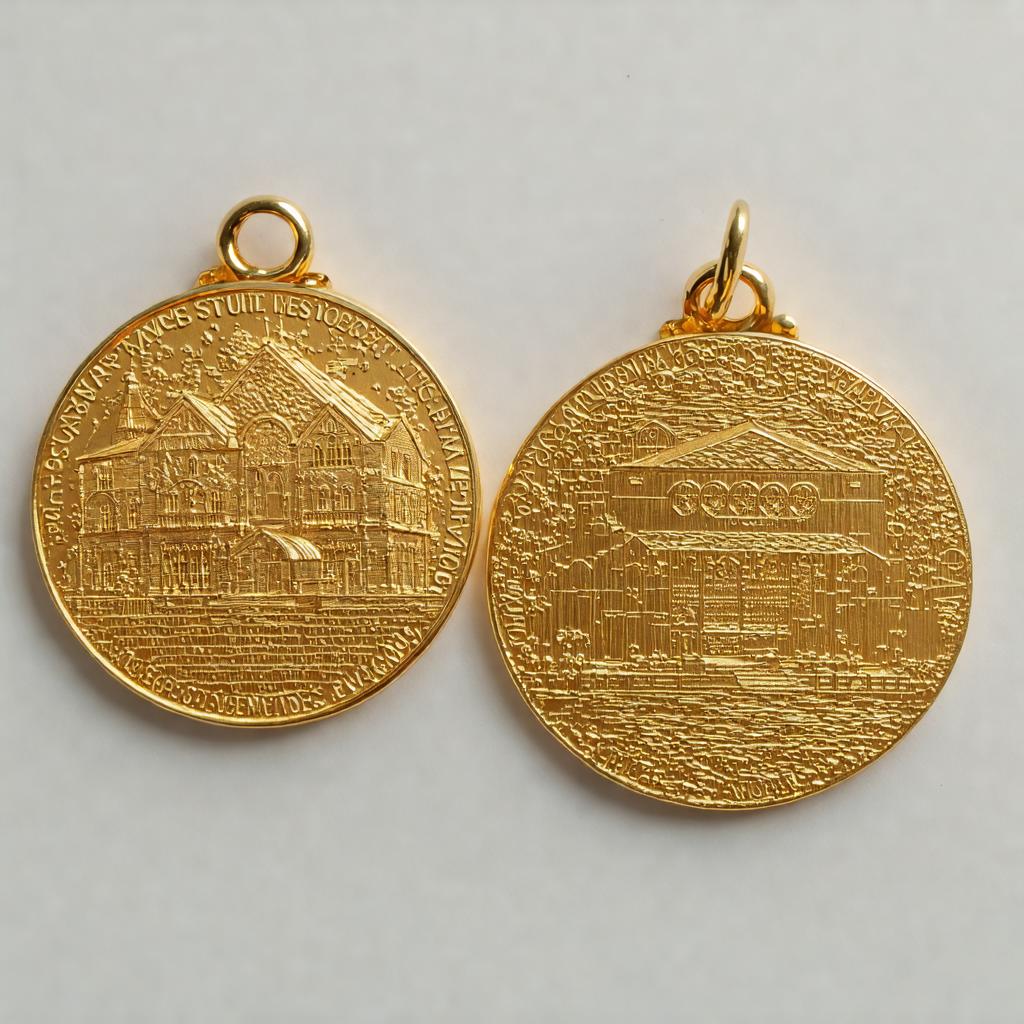Hey sports fans! Have you ever wondered if those shiny Olympic medals are actually made of real gold? We’ve got the scoop for you right here. Stay tuned as we uncover the truth behind the coveted prize that athletes around the world strive to claim. Let’s dive in!
Are Olympic Medals Actually Made of Real Gold?
Many people might assume that Olympic medals are made entirely of gold due to their prestigious nature, but the truth is a bit more complex. Actually, while the gold medals awarded at the Olympics do contain some real gold, they are not made entirely of the precious metal. The composition of Olympic gold medals varies depending on the specific games,but they typically consist of a combination of materials,including gold,silver,and other metals.
Such as, the gold medals awarded at the 2020 Tokyo Olympics are made from recycled electronics, including old smartphones and laptops. This sustainable approach not only reduces the environmental impact of the games but also showcases the importance of recycling and innovation. So while Olympic gold medals do contain real gold, they are not pure gold and are frequently enough crafted using a combination of materials to reflect the spirit of the games.
The Truth Behind the Composition of Olympic Medals
Are the Olympic medals real gold? The truth behind the composition of these coveted awards may surprise you. While the gold medals awarded to athletes at the Olympics do contain a small amount of gold, they are not made entirely of this precious metal. In fact, the composition of Olympic gold medals is primarily made up of silver, with approximately 92.5% silver and only 1.34% gold.
the remaining 6.16% of the medal is composed of copper, giving the gold medal its iconic appearance. This unique blend of metals creates a durable and long-lasting medal that athletes can cherish for years to come. So while Olympic gold medals may not be made entirely of gold, they still hold immense value both in terms of symbolism and craftsmanship.
Recommendations on How to Verify the Authenticity of Olympic Medals
When it comes to Olympic medals, one of the most common questions that arise is whether the medals are real gold. To verify the authenticity of Olympic medals, here are some recommendations to consider:
1. Hallmarks: Look for official hallmarks on the medal, such as the Olympic rings symbol or the year of the Olympic Games.
2.Weight: Check the weight of the medal against the standard weight for that particular Olympic Games.
3. material: Research the materials used to make the medal and compare them to known details about the medals given out in past Olympics.
Insights into the Value of olympic Medals
Many people wonder if the Olympic medals are actually made of real gold. The truth is, while the Olympics were originally awarded gold medals made of solid gold, that practice ended in 1912. Nowadays, Olympic gold medals are made mostly of silver, with a thin coating of gold. This means that the medals do contain real gold, but the majority of the medal is actually made of silver.
So, how much gold is actually in an Olympic gold medal? The amount of gold can vary slightly from year to year, but typically, an Olympic gold medal is made up of about 92.5% silver and 1.34% gold. The total weight of the medal is around 556 grams, with the gold plating accounting for about 6 grams of that weight. Despite the small amount of gold used in the production of Olympic gold medals, they still hold immense sentimental and symbolic value for athletes around the world.
Q&A
Q: Are the Olympic medals actually made of real gold?
A: Contrary to popular belief, Olympic gold medals are not entirely made of gold.
Q: So what are they made of then?
A: Olympic gold medals are actually composed of mostly silver, with a thin layer of gold plating on the outside.
Q: How much gold is in an Olympic gold medal?
A: The amount of gold in an Olympic gold medal varies depending on the year and the country hosting the games, but generally it is about 6 grams of gold.Q: Why are the medals not solid gold?
A: the decision to use predominantly silver with a gold plating is due to cost and durability. Solid gold medals would be extremely expensive and easily damaged.
Q: do athletes receive any cash prizes for winning gold?
A: While some countries may award cash prizes to their athletes for winning gold medals,the International Olympic Committee does not provide any monetary rewards for winning.
Q: What is the intrinsic value of an Olympic gold medal?
A: The intrinsic value of an Olympic gold medal is actually quite low, given that it is indeed mostly made of silver. Though, the sentimental and historical value of winning one is immeasurable.
In Summary
while Olympic gold medals are not solid gold,they still hold immense value and prestige. The medals may not be entirely made of the precious metal, but they symbolize the hard work, dedication, and talent of the athletes who strive to achieve greatness on the world stage. So, whether it’s real gold or not, one thing is for sure – the Olympic spirit and the glory of victory are priceless.Thanks for tuning in to learn more about this engaging topic. Stay informed and stay golden!


